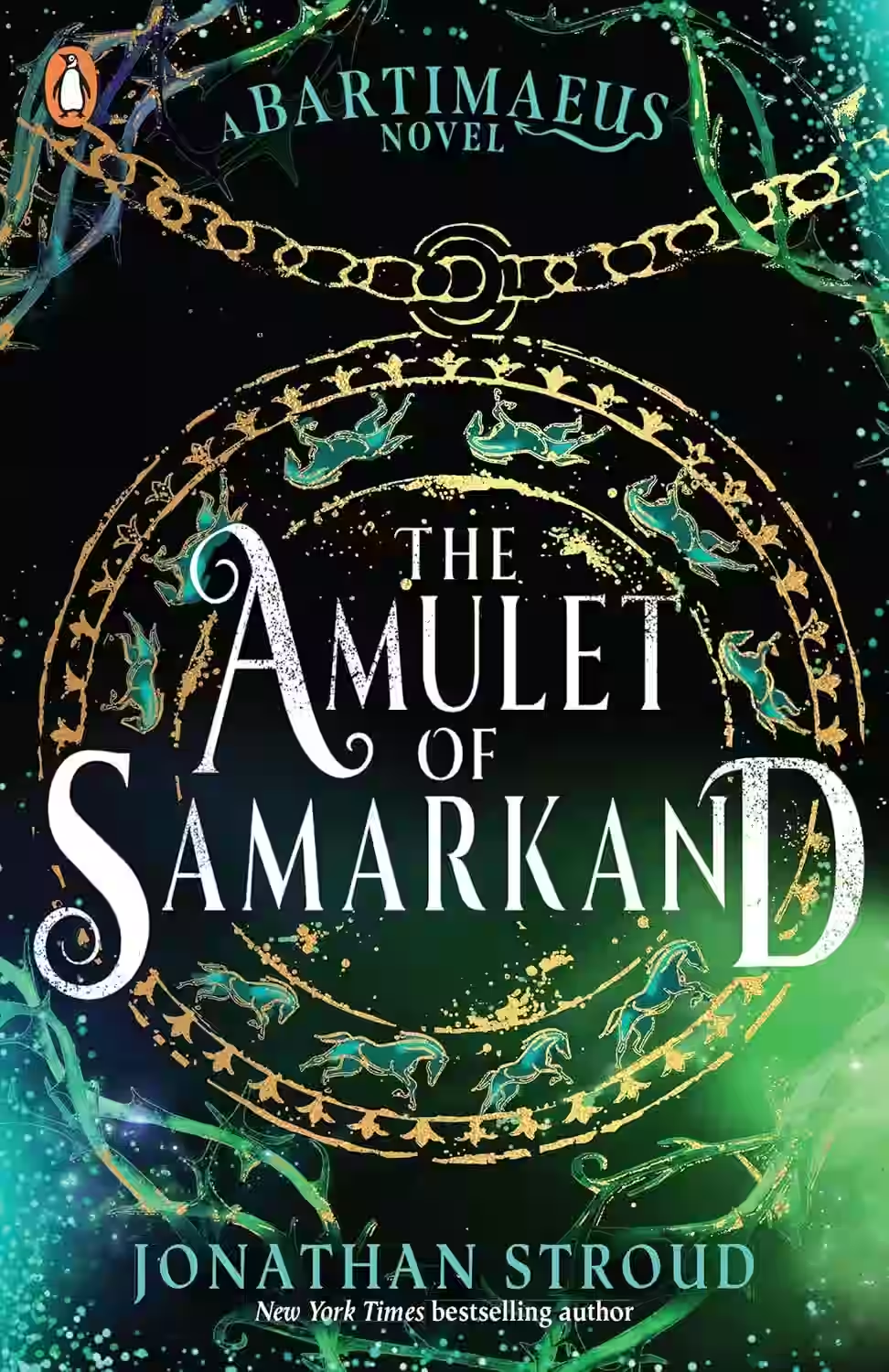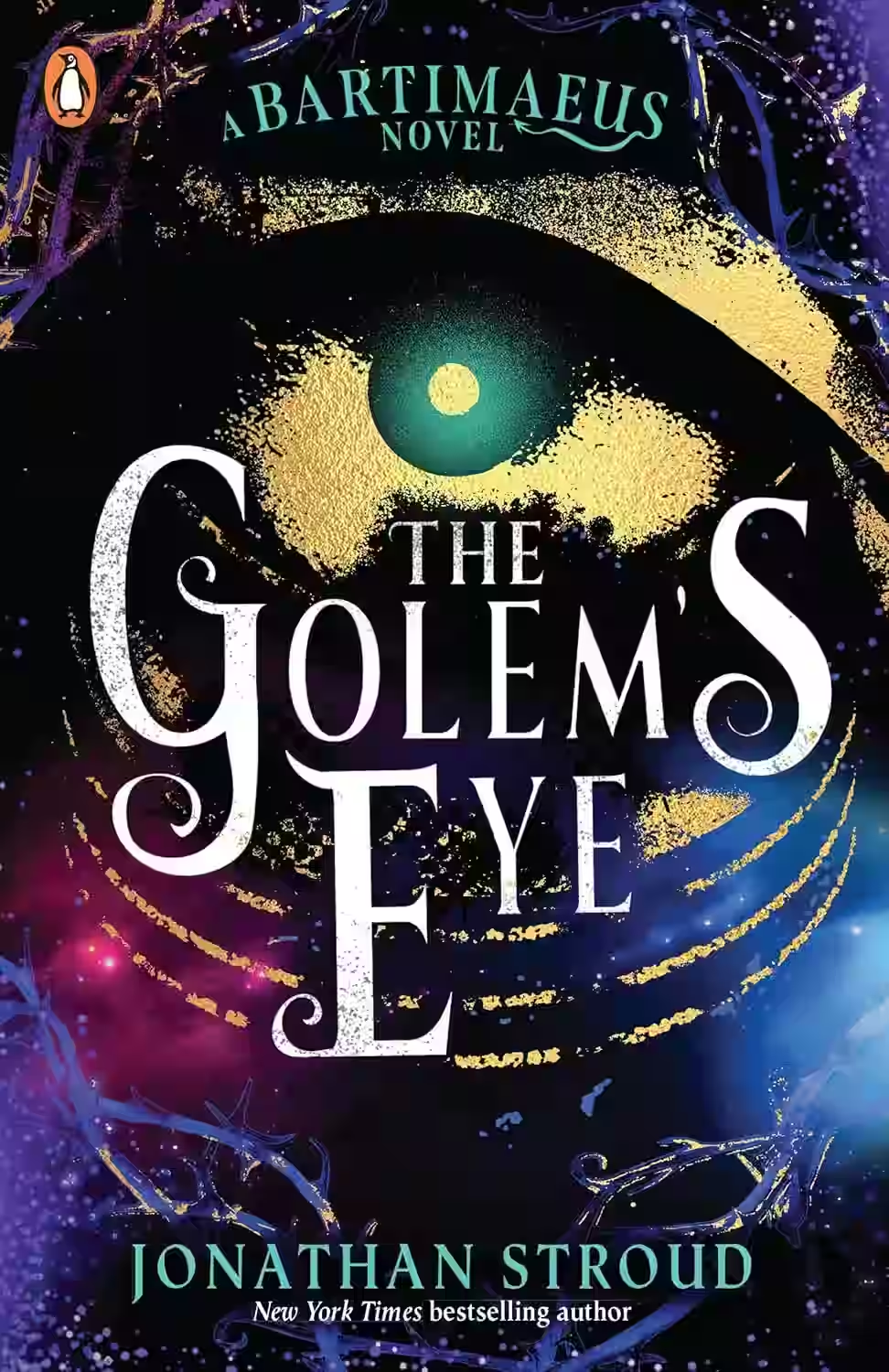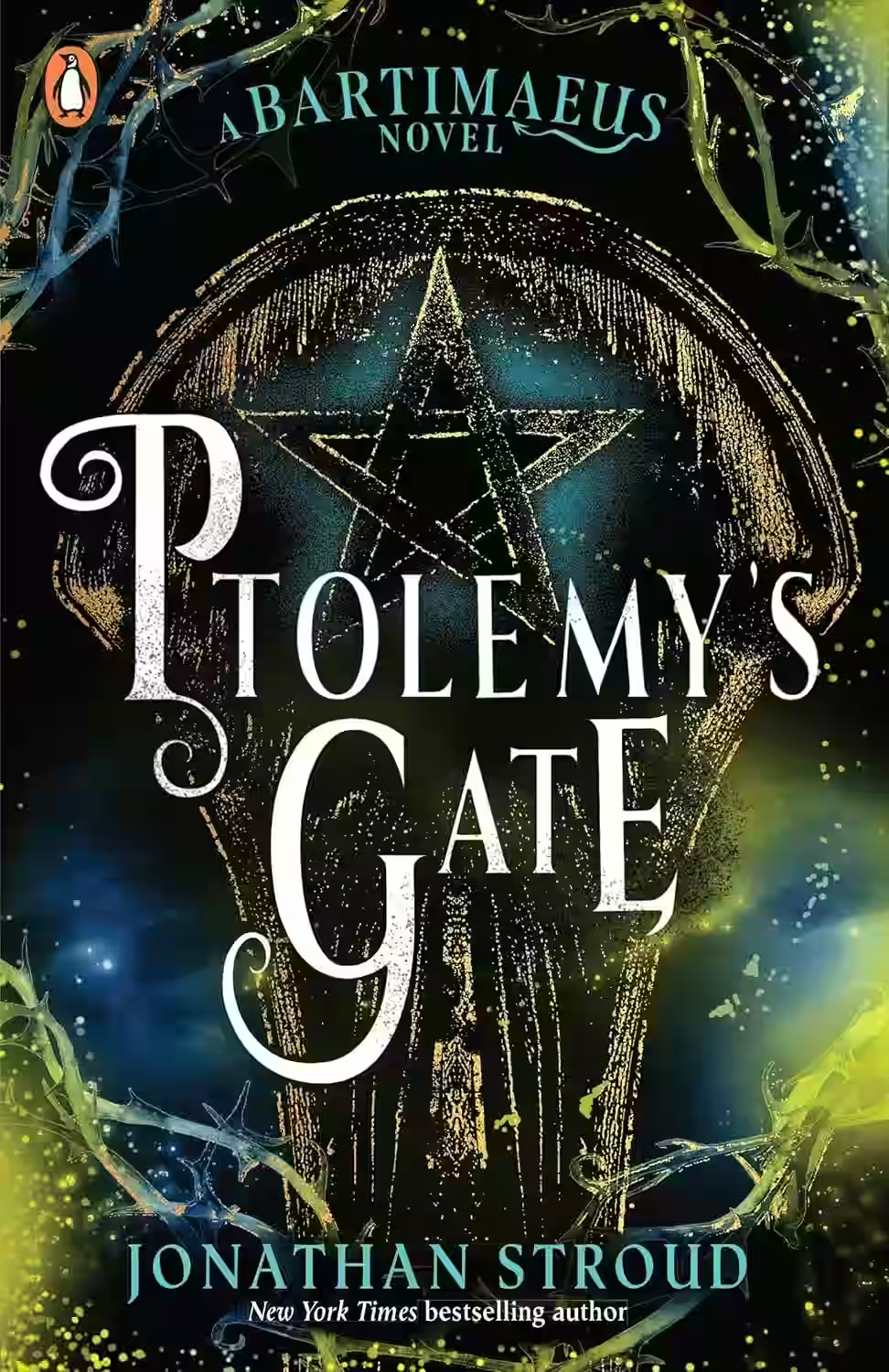Jonathan Stroud
Jonathan Stroud, a British author born in Bedford, England, in 1970, is celebrated for his distinctive contributions to the fantasy literature genre. Stroud's fascination with storytelling began in childhood, leading him to study English Literature at the University of York. After honing his skills as an editor for publishing houses, he debuted as an author with 'The Buried Fire'. However, it was the groundbreaking 'Bartimaeus Trilogy'—beginning with 'The Amulet of Samarkand'—that cemented his reputation. The trilogy is acclaimed for its wit, complex characters, and innovative narrative style. Stroud further expanded his literary impact with the 'Lockwood & Co.' series, blending supernatural elements with intricate plots, enthralling a global audience. His work is noted for combining humor with dark, imaginative worlds, influencing a new wave of young adult fantasy literature. Stroud's books have garnered international awards and have been translated into multiple languages, solidifying his status as a significant figure in contemporary fantasy writing.

Jonathan Stroud's 'The Amulet of Samarkand' invites readers into a richly imaginative world where magic and intrigue interlace with the tale of Bartimaeus, an ancient, wisecracking djinni, and Nathaniel, a young and ambitious magician's apprentice. Set in an alternate London where magicians form the ruling class, the story delves into themes of power, rebellion, and the moral complexities of agency and obedience. The narrative oscillates skillfully between Bartimaeus's witty, irreverent perspective and Nathaniel's earnest, determined journey, crafting a novel that is both humorous and thought-provoking. Stroud's detailed world-building and engaging characters create an unforgettable adventure that appeals equally to young and adult audiences, making it a standout in the fantasy genre.

The Golem's Eye, the gripping second installment in Jonathan Stroud’s Bartimaeus Trilogy, expertly blends fantasy with elements of historical fiction. Set in an alternate London, the narrative alternates between three perspectives: Nathaniel, a young, ambitious magician; Bartimaeus, a wily, ancient djinni; and Kitty, a resilient member of a resistance group. Nathaniel is tasked with uncovering the culprits behind a series of magical attacks, leading him to investigate an ancient, destructive golem. Meanwhile, Kitty seeks her own form of justice against the oppressive magical establishment. Stroud weaves together themes of power, rebellion, and the moral complexities of justice, delivering a story both thrilling and thought-provoking. His wit and imagination shine through Bartimaeus’s humor, providing a clever contrast to the book’s darker undertones.

In the thrilling conclusion to Jonathan Stroud's Bartimaeus Trilogy, 'Ptolemy's Gate' takes readers on an exhilarating journey through a richly imagined world of magic and intrigue. Set in an alternative London where powerful magicians control the government through the summoning of djinn, this book delivers a climactic and intense narrative. The story intersects the lives of Nathaniel, a young and ambitious magician, and Bartimaeus, a wise-cracking djinni with a rebellious streak. As they navigate complex political upheavals and face tangible and existential threats, Stroud masterfully explores themes of power, freedom, and identity. The dynamic relationship between the protagonists offers depth and humor, while the plot deftly weaves together elements of action, mystery, and philosophical reflection. This gripping finale is a testament to Stroud’s inventive storytelling and profound world-building, making it a satisfying closure to an unforgettable series.